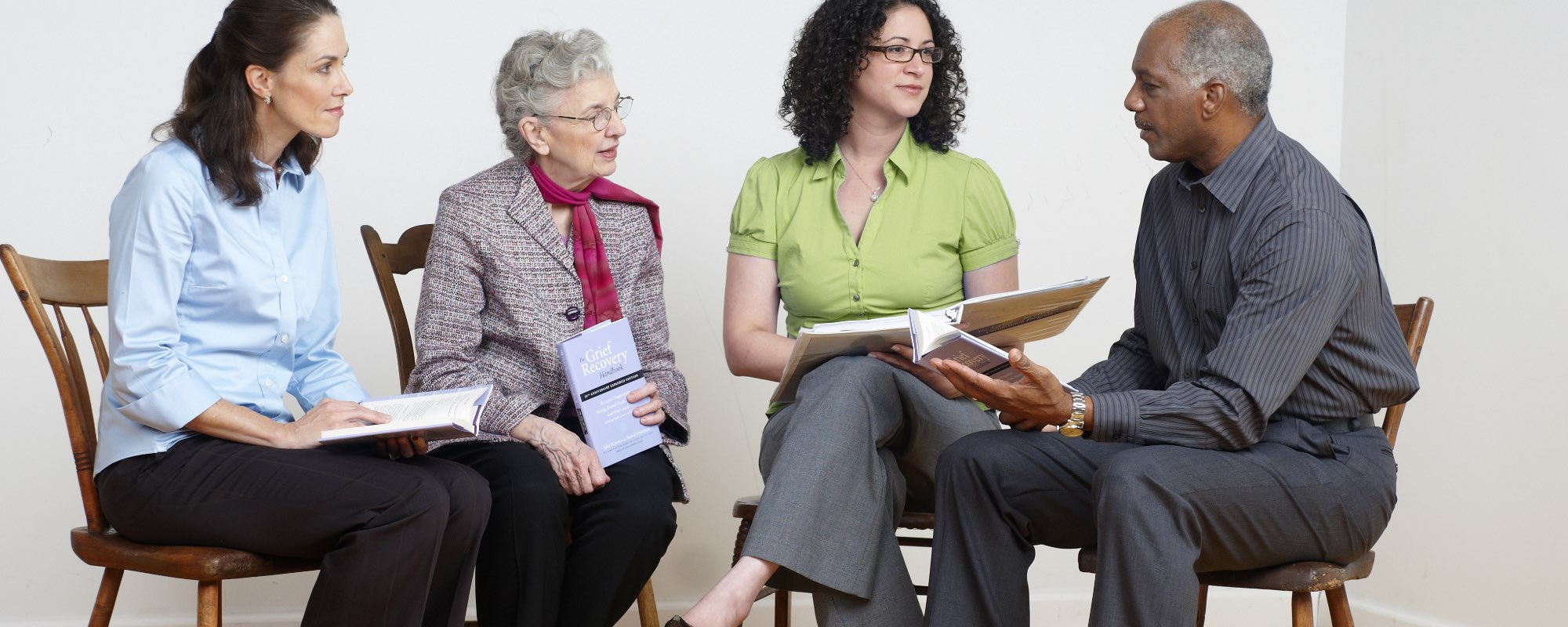
How to Prevent Caregiver Burnout
When someone you love is sick, it’s natural to want to spend every moment with them to ensure they have the best possible care. However, if caregivers don’t take time for themselves, they end up with caregiver burnout and can’t provide the care their loved one needs. There are steps you can take to reduce stress and prevent caregiver burnout.
Tips to reduce stress and avoid burnout.
If you want to take the best care of your loved one, you need to know how to prevent caregiver burnout. While life will never be stress free, there are things you can do to prevent it from building to the point of burnout.
Take care of your health.
If you don’t take care of your own health, you won’t be able to care for anyone else. If you are going to avoid caregiver burnout, you must:
- Take time to exercise – even a short walk can raise your heart rate and lower your stress.
- Eat a well-balanced diet – comfort foods can help in the short-term, but you need a healthy diet to go the distance as a caregiver.
- Get your rest – the best thing you can do for yourself and those around you is to get the sleep you need. Set up an evening wind-down ritual to ensure a good night’s sleep and add in naps when you can.
Inform yourself.
Everyone fears the unknown. If you want to provide the best care for your loved one and know how to prevent caregiver burnout, follow these tips:
- Educate yourself about your loved one’s illness and be realistic about its progression. There may come a time when they need extra help, and it’s important to understand what the signs are so they get the right care at the right time.
- Talk to your HR department about what support is available. Many companies offer an employee assistance program hotline that can give you confidential support and guidance. The Family Medical Leave Act also provides employment protection if you need to take a leave of absence to care for a family member.
- Know your limits. Look through your list of responsibilities and daily tasks and see if you can delegate or eliminate some of them. No one can do it all.
Ask for help.
You don’t have to do this alone. There is help for caregiver burnout and support to prevent it. Your loved one will get the best care if you reach out to others to support and supplement what you are already doing. Some resources to prevent caregiver burnout include:
- Friends and family – if your friends and family are offering to help, let them. Have someone assist with errands or visit with your loved one so you can take a break and recharge. Even if they are out of the area, they can still listen and give you a place to express your feelings and frustrations.
- Community services – your place of worship is another excellent place to turn to for support. They may be able to provide one-on-one counseling or connect you with a support group with other caregivers who are going through a similar experience. Other local organizations like Meals on Wheels and Area on Aging may also be able to provide additional support and guidance.
- Online support groups – there are general caregiver support groups online so you can share your experiences and learn from others caring for a loved one. You can also find support groups available through disease-specific organizations like the American Cancer Society and Alzheimer’s Association.
- Professional support – speak to your doctor about your stress and efforts to avoid caregiver burnout. It may also be helpful to speak with a mental health professional who is trained to help you manage your feelings. Stress and caregiver burnout can have serious physical and emotional effects on your health if not properly managed.
- Patient support – if your loved one has a serious or terminal illness, you may need to bring in additional help to your home or wherever your loved one is residing. Extra help isn’t giving up on your loved one. It’s giving them more.
Help for Caregiver Burnout
We often find that caregivers wait longer than they need to before they access the added support of hospice or palliative care. If your loved one has received a diagnosis of a serious health condition, a palliative care consultation can help you understand what support is currently available. They will also let you know what to expect from your loved one’s condition, so you can access additional support as soon as your loved one is eligible.
Crossroads Hospice & Palliative Care is available to answer questions and admit patients 24 hours a day, 365 days a year. You can speak with someone now about hospice services, how to avoid and prevent caregiver burnout, or any other issues you are dealing with. Together, we’ll ensure both you and your loved one have all the care and support they need. Please call us at 1-888-564-3405 to learn more about how we can help.
